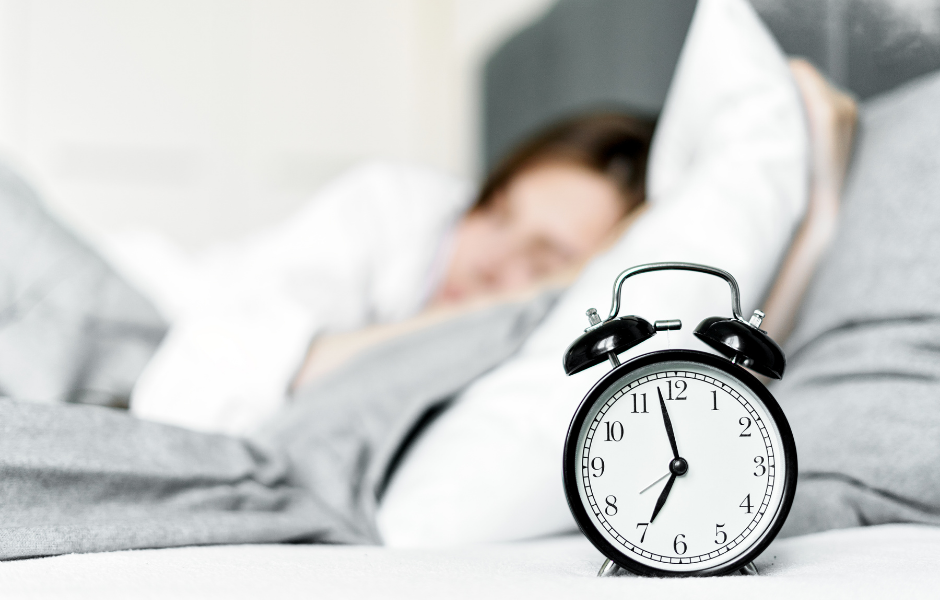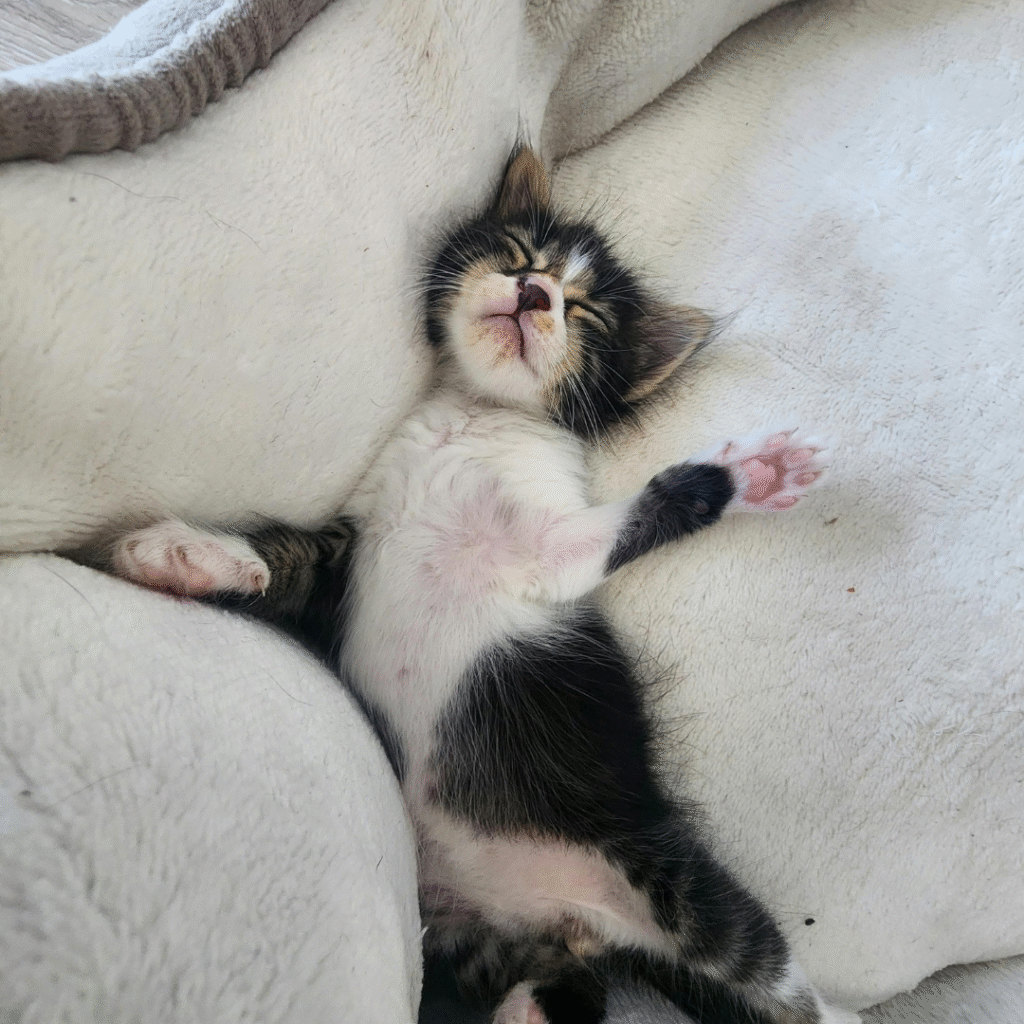
This children’s article, Sleep: why our bodies and brains need rest, has been written for native English speakers and learners of English as a second or foreign language. It can help children practise reading and comprehension, learn useful vocabulary, and discover why sleep is important for health, growth, and learning. Written by Sinead O’Carroll, an experienced teacher and writer.
What is sleep?
Sleep is when your body and brain take a rest. During sleep, your heart beats more slowly, your breathing becomes steady, and your muscles relax.
Sleep is not just about resting, though; it helps your body repair itself and your brain organise memories and information from the day.
Without enough sleep, people often feel tired, grumpy, or have trouble concentrating.
Why sleep is important
Sleep helps your body grow and stay healthy. While you sleep, your body releases hormones, such as growth hormone, which help you grow and repair your body.
Your brain also uses sleep to sort out what you learned during the day. This is why students often remember things better after a good night’s sleep. Sleep also gives your brain a chance to rest, which helps you feel alert and happy during the day.
How much sleep do we need?
Children and teenagers usually need more sleep than adults. Many professionals say that school-aged children need around 9 to 11 hours each night. Teenagers need about 8 to 10 hours. Adults often function well on 7 to 9 hours of sleep, but everyone is different. The right amount of sleep can help improve mood, attention, and even energy for playing.
Tips for better sleep
Good sleep habits can help you get enough rest. Try to go to bed at the same time every night and avoid screens before sleeping. A quiet, dark room is easier for the brain to relax.
Doing calming activities, like reading a book or listening to soft music, can also help. Healthy eating and exercise during the day also make sleep more refreshing.
For more information about why sleep matters, visit – Cleveland Clinic

Article vocabulary list
- Sleep – a natural state when the body and brain rest.
- Brain – the organ in your head that controls thinking, learning, and memory.
- Hormones – chemicals produced by your body that control growth, energy, and other processes.
- Concentrating – paying full attention to something.
- Memory – the ability to remember information or experiences.
- Alert – fully awake and aware of what is happening.
- Routine – a regular way of doing things, like bedtime routines.
- Exercise – physical activity that keeps the body healthy.
Comprehension questions
Just click the plus (+) to see the answer
1. What happens to your body when you sleep?
a) Your muscles tighten and your heart beats faster
b) Your muscles relax and your heart beats more slowly
c) Your breathing stops completely
Answer: b) Your muscles relax and your heart beats more slowly
2. Why is sleep important for your brain?
a) It helps your brain sort out memories and information
b) It makes your brain stop working
c) It gives your brain a break from oxygen
Answer: a) It helps your brain sort out memories and information
3. What do hormones do while you sleep?
a) Help you grow and repair your body
b) Make you feel tired
c) Stop your brain from working
Answer: a) Help you grow and repair your body
4. How many hours of sleep do most school-aged children need?
a) 5–6 hours
b) 9–11 hours
c) 12–14 hours
Answer: b) 9–11 hours
5. Which of these can help you sleep better?
a) Using screens right before bed
b) Going to bed at the same time every night
c) Eating lots of sugar before sleeping
Answer: b) Going to bed at the same time every night
Sinead is a writer and EFL teacher with eight years’ experience. She’s a native English speaker who loves making news stories fun and easy to understand for children around the world. Her passions include travel, animals, and helping to make the world a kinder, more sustainable place.




